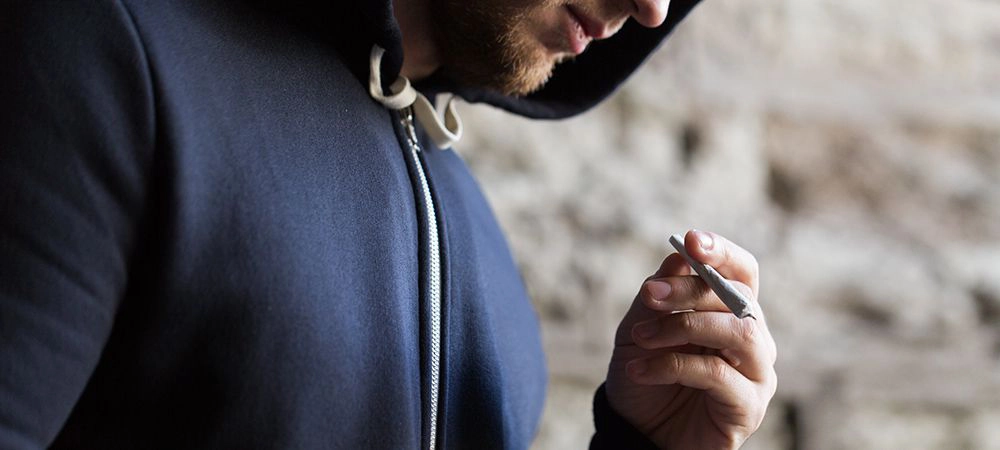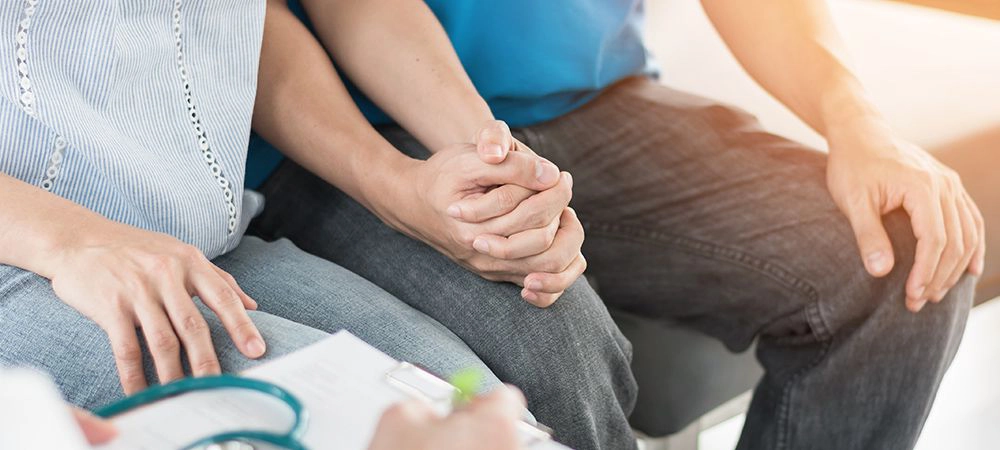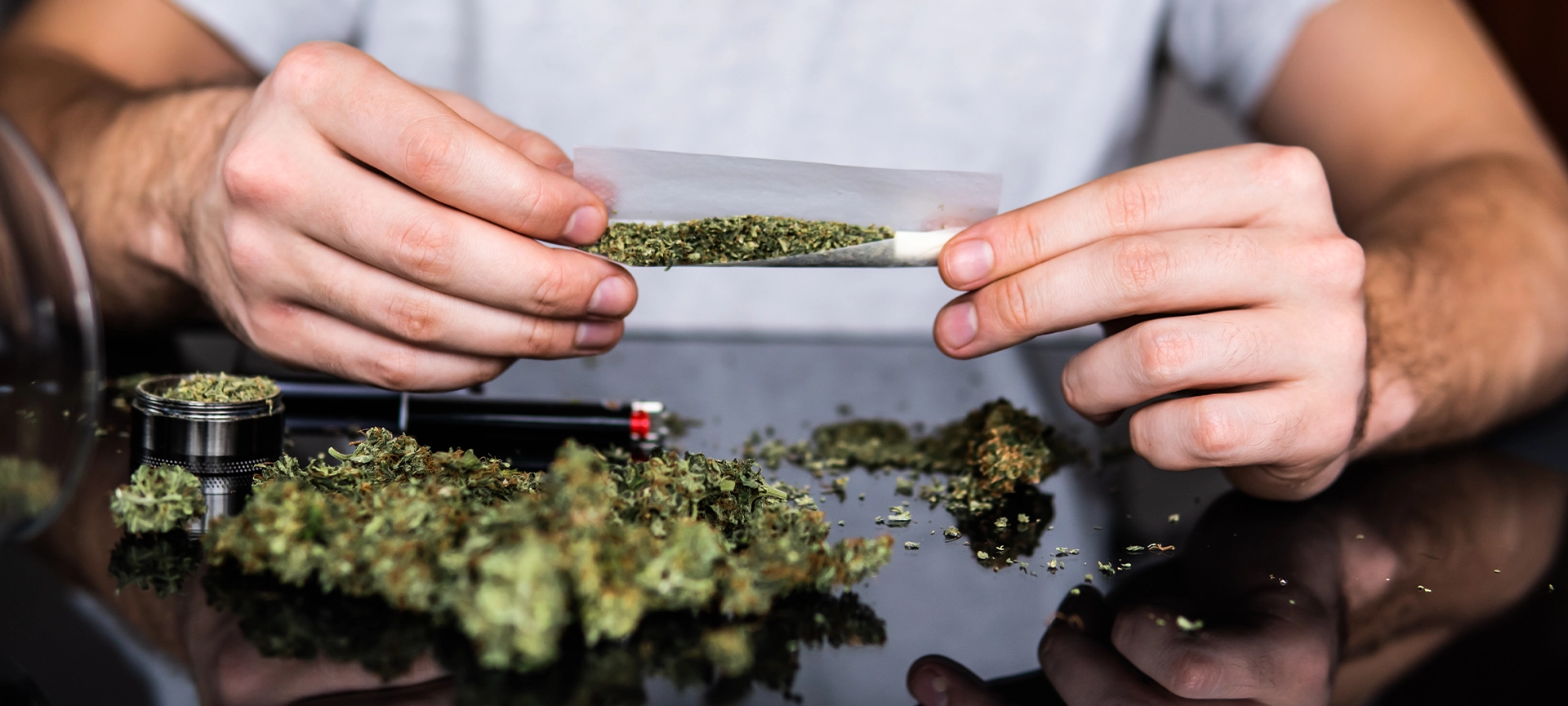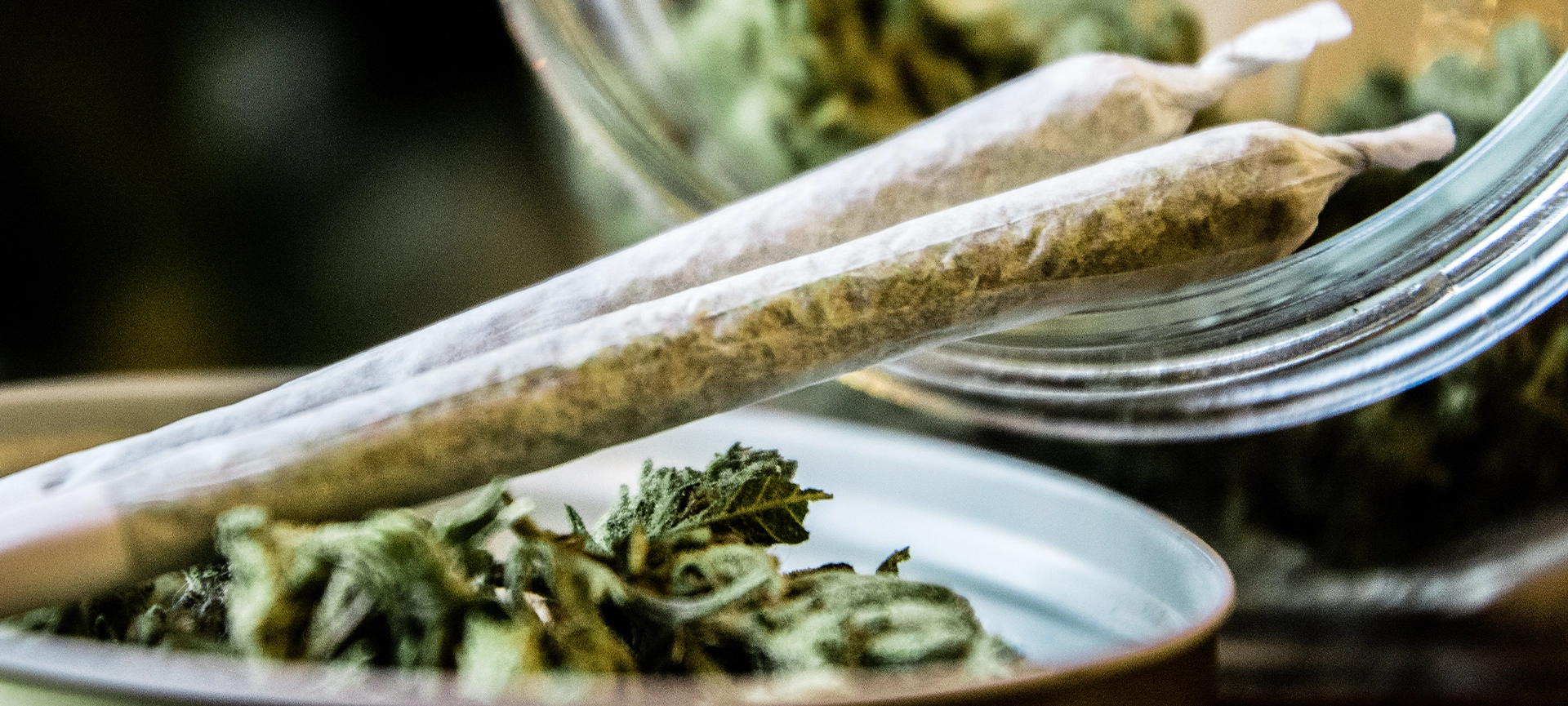Marijuana is an addictive substance. Therefore, when an addict discontinues the use of marijuana, it’ll lead to severe withdrawal symptoms. What to expect during marijuana withdrawal will include these symptoms and a rigorous detox process. Since addiction is a mental disease, you may also experience uncontrollable cravings.
Marijuana withdrawal can also come with health complications. To receive proper care during this period, patients are advised to check into a rehab centre. Although painful, withdrawal symptoms often subside after a few weeks of treatment and care.
Knowing what to expect during marijuana withdrawal helps to prepare patients for what is ahead. Here, we’ll discuss various marijuana withdrawal treatment options and detox duration. We’ll also examine marijuana withdrawal symptoms and their timeline.
What to Expect During Marijuana Withdrawal
During marijuana withdrawal, it’s normal for the body to crave marijuana. At this point, many patients relapse due to constant cravings.
Another element to expect during marijuana withdrawal is loss of appetite. To tackle this, consume lots of vegetables and fruits. Avoid eating unhealthy food like junk as it only worsens the symptoms. You can expect to often feel tired due to lack of adequate sleep. Insomnia is one of the symptoms of marijuana withdrawal.
Detox is an important aspect of marijuana withdrawal. During detox, you can expect to undergo evaluations to check for co-occurring disorders. The detox stage also includes the provision of medication to help alleviate the symptoms associated with withdrawal. Detox is usually the first step in marijuana withdrawal.
Is marijuana withdrawal dangerous?
No, it’s not. However, this isn’t an excuse to choose at-home withdrawal. In addition to the possibility of relapse due to intense cravings, you’ll need professional help to manage withdrawal symptoms.
Marijuana addiction and support services exist to help you manage these symptoms in a controlled environment.
Symptoms to Expect During Marijuana Withdrawal
During the period of marijuana addiction and abuse, your body will change. These changes occur because marijuana “tricks the brain” to accept it as a natural substance.
Therefore, just like normal body adjustments to a biochemical imbalance, your body adjusts to the absence of marijuana. These adjustments are referred to as withdrawal symptoms and they can be mild or severe.
Patients may experience marijuana withdrawal symptoms in varying degrees according to their level of addiction. Below, we extensively discuss common marijuana withdrawal symptoms.
Cravings
The first thing to expect during marijuana withdrawal is the high level of cravings for the substance. The high level of cravings is due to your body’s dependence on the substance.
When you start to use marijuana, your body will try to adjust its metabolism to the substance. With repeated doses, it gets to the point where your body is almost functioning on the substance. After this point, when you deprive the body of marijuana, you’ll experience withdrawal symptoms.
To relieve itself of these symptoms, your brain will prompt you to use the substance. This will in turn increase your cravings for the substance.
Carving is common among marijuana addicts and it occurs in the early days of abstinence. It is vital to note that cravings are symptoms of marijuana addiction and abuse too.
Irritability
When discussing what to expect during marijuana withdrawal, irritability is always on the list. Irritability is simply put as an addict’s response to situations around them. Withdrawal can affect your emotions causing you to react abnormally to different situations.
During marijuana withdrawal, you’ll start to react aggressively or nervously. To know whether you’re experiencing irritability due to withdrawal, check for the following:
- Restlessness
- Anxiety
- Loss of concentration
- Aggressiveness
Usually, irritability occurs alongside the cravings that come with marijuana withdrawal. However, you may need to see a specialist if the irritability phase lasts for more than a week. Chances are their irritability can be due to other issues not necessarily marijuana.
Anxiety
Anxiety disorders due to marijuana addiction occur not only during withdrawal but addiction too. Often, anxiety disorders occur alongside paranoia and restlessness.
During marijuana withdrawal, anxiety starts to occur about a week after withdrawal. Just like irritability, if anxiety persists for more than a week, you may need to see a doctor. It can be as a result of underlying health issues that marijuana use is masking.
Depression
Usually, when an addict takes weed, it depresses the nervous system. In the long run, you’ll start to lose interest in normal activities. Unfortunately, it doesn’t all go away when you stop using marijuana.
Depression also accompanies withdrawal symptoms for long-time addicts. It can be the physiological effect of marijuana absence or many years of addiction.
When longtime addicts decide to quit an addiction, they suddenly realize the wasted years. If uncontrolled, it’s a thought pattern that can provoke sad thoughts and lead to depression symptoms.
Sleep Problems
Sleep problems are usually common with withdrawal symptoms. 46.9.% of former addicts reported sleep disruption during their withdrawal. The sleep problems can be in the form of insomnia, night sweat and disturbing dreams. Some patients may even experience dreams where they see themselves taking the substance.
Other addicts may experience vivid dreams as early as a week after quitting. Vivid dreams can also last till a month after quitting and taper off afterwards.
Headaches
Headaches that accompany marijuana withdrawal are not common. Some addicts experience it while others do not. Even for addicts that experience headaches, the intensity of pain differs.
Headaches during marijuana withdrawal occur the most during the first days after quitting. The pain will subside 4 to 6 days after quitting. For some, they can still experience a headache after a week or two. In rare cases, headaches can last for a month or more.
There are other symptoms to expect during marijuana addiction withdrawal:
- Stomach pain
- Weight loss or gain that comes with a loss of appetite
- Shakiness
- Tremors
- Chills
- Fever
- Mood changes
Related Article: Six Surprising Short-Term Effects of Marijuana
Marijuana Withdrawal Timeline
As you will expect, the marijuana withdrawal and treatment timeline differs from person to person. While some people will only need a few days in rehab, others will need more. It all depends on your unique symptoms and your addiction specialist’s discretion.
Medical detox is the removal of marijuana substances in the body. It’s also the part of marijuana treatment that helps you manage withdrawal symptoms. The timeline for this treatment stage is 3-7 days.
If you have been using marijuana for a long time, you’ll likely have severe withdrawal symptoms. People who fall into this category will need an extended timeline for marijuana withdrawal.
Marijuana Withdrawal Treatment Options
With the array of symptoms to expect during marijuana withdrawal, there’s a need for medical supervision. Marijuana addiction treatment centres have organized structures that help addicts recover quickly. These centres also have medical personnel to ensure proper treatment of addicts even in complicated cases.
Medical detox
Medical detox is usually the first stage during marijuana withdrawal treatment. Medical detox involves the medical removal of toxic substances from the body.
During medical detox, addicts will experience withdrawal symptoms. To better manage the process, there are medical personnel on standby to monitor the process. Averagely, medical detox takes around 6 hours to 24 hours. However, this timeline depends on the severity of the addiction.
With medical detox, you will expect to undergo marijuana withdrawal within a shorter time. Also, you will undergo withdrawal safely.
In-patient Program
In some cases, marijuana addicts will need in-patient programs after medical detox. In-patient programs are the most intensive treatment programs addicts undergo.
During in-patient programs, you’ll be under medical supervision throughout treatment. It’s an advantage for you as it means there is staff on hand to manage health problems.
Also, there is a structured daily activity that addicts engage in during their stay at a marijuana rehab centre. These activities include:
- Yoga
- Massage
- Motivational sessions
- Individual sessions
- Group sessions
All these sessions will help you build your mind and thought processes. This way, you are better prepared to fight cravings and possible relapse. Another major advantage of in-patient programs is the quick recovery process it offers patients.
The reason for this recovery is due to the distance between addicts and their triggers. Common marijuana addiction triggers are places, family and friends. Just like distance aids recovery, the mind does too. Even if your marijuana recovery happens in a place far away from your triggers, you’ll still return home after treatment.
To ensure there are no relapses when you go home, staff in in-patient programs ensure to help addicts build their minds. To build their minds, addicts engage in meditation sessions, yoga sessions and join reading groups.
Individual sessions
During individual sessions, patients get to speak with experts freely. It is common to find patients have strange personal occurrences during treatment. Individual treatment sessions provide a platform to discuss them with a counsellor.
Group sessions
During group sessions, you get to speak with other patients in the rehab. For most patients, sharing treatment experiences with other patients can be a source of motivation.
Outpatient services
When it comes to marijuana withdrawal treatments, out-patient is the most common option. In out-patient programs, patients are not under 24-hour close supervision. Hence, you can continue with other activities, unlike in-patient programs.
In out-patient programs, addicts take their medications at home but come daily for monitoring. Depending on the doctor’s recommendations, a check-up can be daily, weekly or monthly.
Typically, what to expect during an out-patient marijuana treatment is the lack of monitoring. It’s up to you to use your medication, avoid marijuana and meet up with scheduled check-in visits. In a way, the lack of structure is why, unlike in-patient programs, out-patient programs have lesser chances of complete recovery.
Medication-Assisted therapy
During medication-assisted therapies, doctors will use drugs to remove marijuana from the body. This therapy ensures you pass through the withdrawal stage safely and quickly.
Tips for Marijuana Withdrawal
Addiction treatment is a multi-faceted endeavour. Recovery is not just about the treatment centre, the quality of service or how long it takes. Some personal lifestyle tips will serve to make your time at a detox centre more comfortable.
- Ensure to stay physically active to help ease bodily tension.
- Addiction is not a challenge for you to face alone. When you need support or space, endeavour to inform your family or friends.
- Try avoiding noisy places, crowded places and loud places.
- Ensure you inform your family about your triggers, so they can support you in overcoming them.
- Practice a healthy sleeping lifestyle by avoiding caffeine and sleeping on time.
- Ensure you relax and practice relaxation techniques. Mediation is a common reaction technique, you can try it too.
Related Article: Marijuana Treatment Cost: Is It Worth it?
To Sum It Up
Marijuana addiction is linked to severe problems like lung cancer and other heart diseases. Quitting is always the right decision. It’s only a question of how you quit.
Going cold turkey without medical supervision can cause psychological and physical symptoms. When you know what to expect during marijuana withdrawal, you can better manage the symptoms. You’ll know the right things to eat, the need to avoid triggers and also the treatment options you have.
Going through marijuana withdrawal and in need of marijuana detox services? Check out our marijuana detox and rehab programs. Here at Addiction Rehab Toronto, we can chart a withdrawal treatment plan to help you get off marijuana safely. Contact us today!









